The song “November” by Sparkbird could be considered as part of the Indie genre in music. Although the creator “usually [says] chamber pop, in part because of the use of strings in the arrangement.” Chamber pop can be briefly defined as a music genre that combines rock music with the intricate use of vocal harmonies, piano, horns, and strings. Another name for this genre would be baroque pop.
According to Sparkbird themself, the meaning of the song is up to the interpretation of the listener. They had said that, “once a song is written it kind of lives its own life.”
The song itself is extremely creative, containing lyrics that not many people would think to string into a song in the way this artist has. The way it’s written gives way to a vast field of ideas that can come from these words. The creativity in question makes the song seem like a poetic story.
The first verse of the song is the starting paragraph of this hypothetical fantasy book. The repeating of the lines “I said it / I didn’t” allude to something that this supposed main character had said, something that they seem to regret, but the reader isn’t aware of what they said possibly until far later in the story.
The second verse, “Can’t pick them out / Can’t press them in / I’ll never hide my scars,” makes it seem like the main character is experiencing doubt or insecurity. The mention of these scars does not necessarily have to mean physical scars. These scars could very well be mental or psychological scars due to past events. This part of the song would likely be near the start of the adventure.
The third verse is quite interesting, it is the middle of the story but not quite yet the climax. The lyrics at the start of the verse, “One small sound, one small sight / One unsheathed knife must glint / In an alternate timeline’s light,” makes one think that maybe the main character had gotten a glimpse of what could’ve been, this may also be the part that the reader finds out what was said before the start of the story. The end of the verse, “Familiarity breeds indifference / Familiarity breeds discontent” (each line repeated twice), is the main character likely doubting they can fully trust those they are most familiar with.
It would be the end of the song, the final few lines that are, respectively, both the climax and the end of the story. The lyrics “It doesn’t matter / What I said or didn’t” can be said as the heat of an argument rapidly rising, an argument likely between the main character and their closest friend about what was said at the very beginning. The heat of the argument, where regrettable things are often said, would be the lyrics “You were never going to get it / I was always gonna get it.” The first line is this supposed close friend claiming the main character would never going to get why they had done what they did, while the second line is more of a realization the main character has that no matter what they did to change their fate, they were bound to practically become a villain of their own making. From then the lyrics about scars and familiarity repeat, likely representing the main character spiraling in their own thoughts. The lyrics “ Not only is it thicker, blood is stickier than water / Maybe that’s relevant somehow / Can I explode now?” is no doubt the main character just wanting to be done with this adventure, done with everything. They’d rather die than continue like this.
Overall, it is a really cool song, and if you have a different interpretation, that’s completely fine!





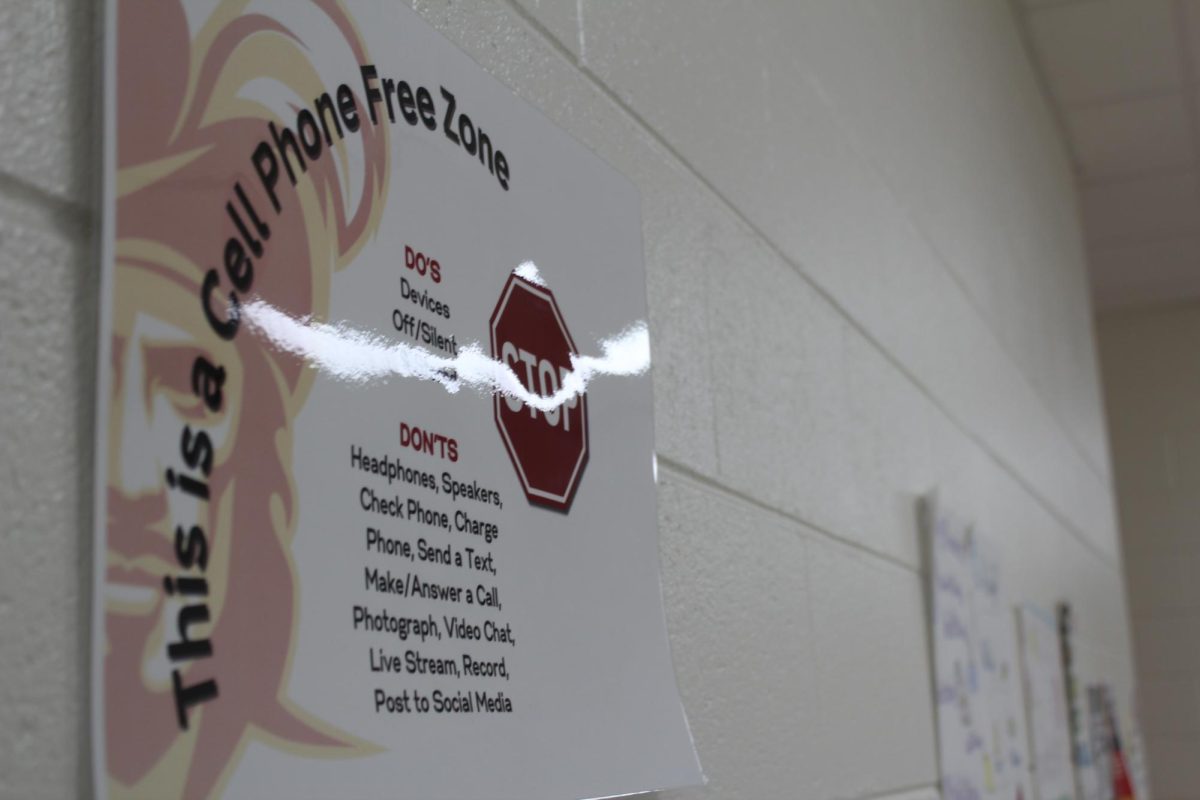
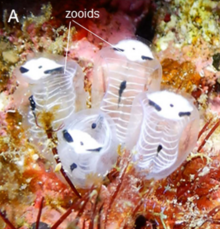
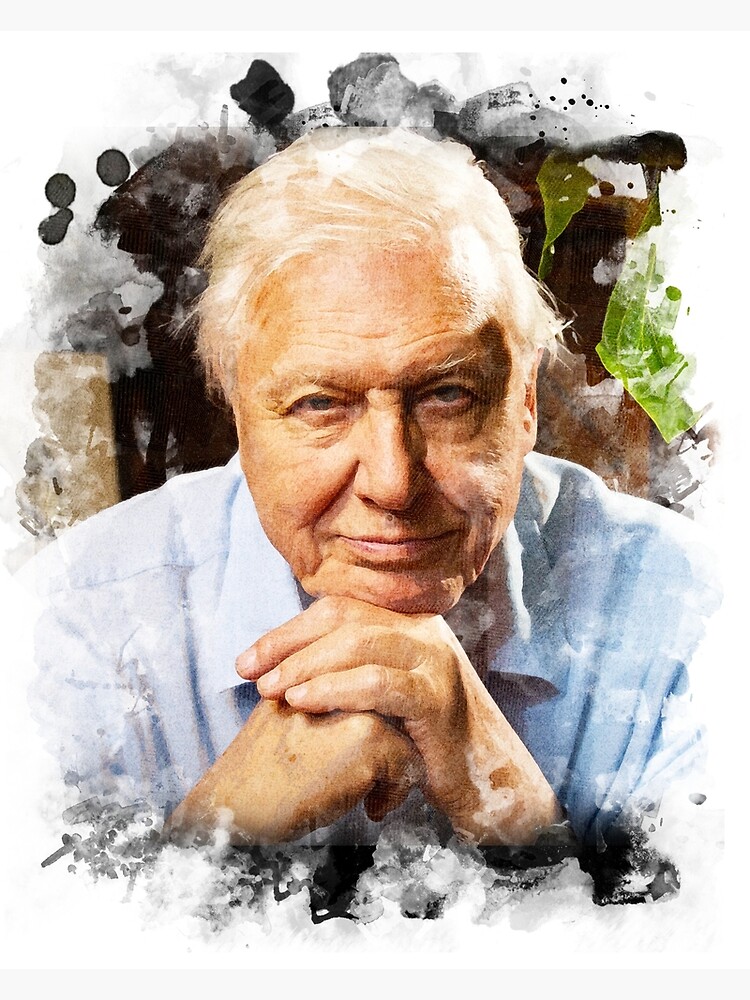




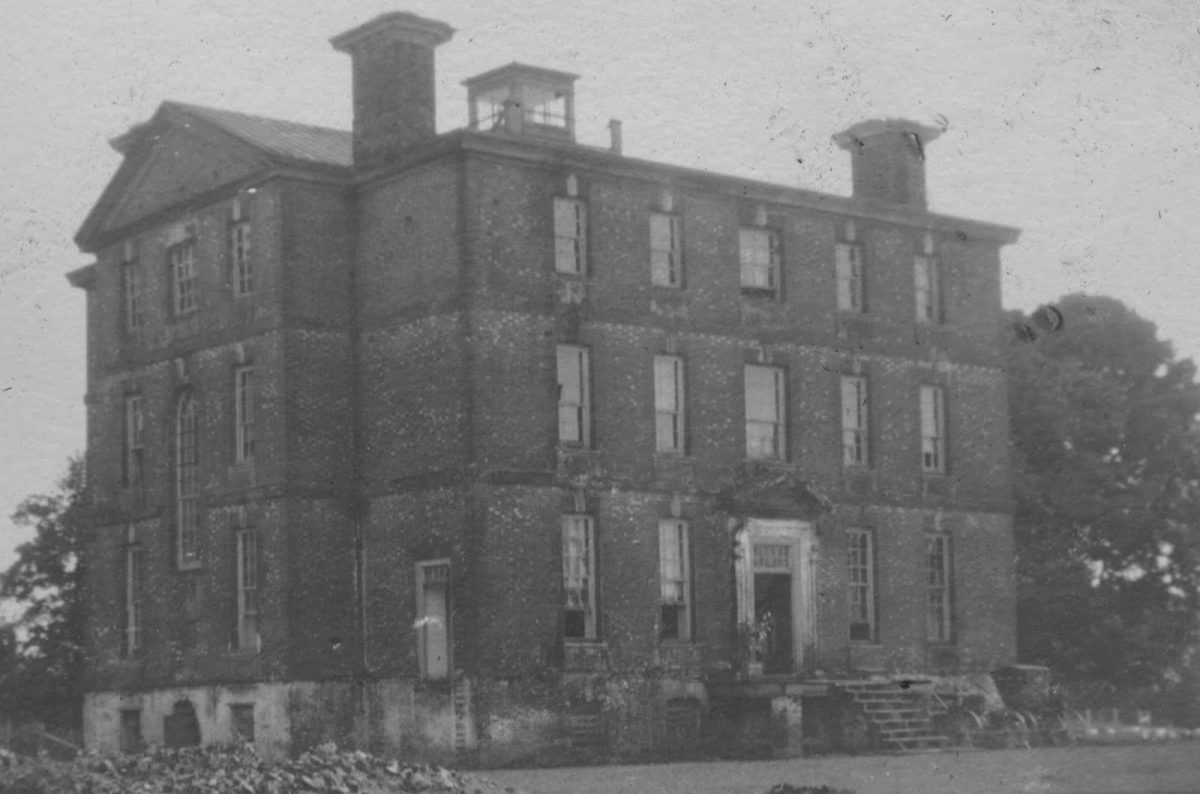
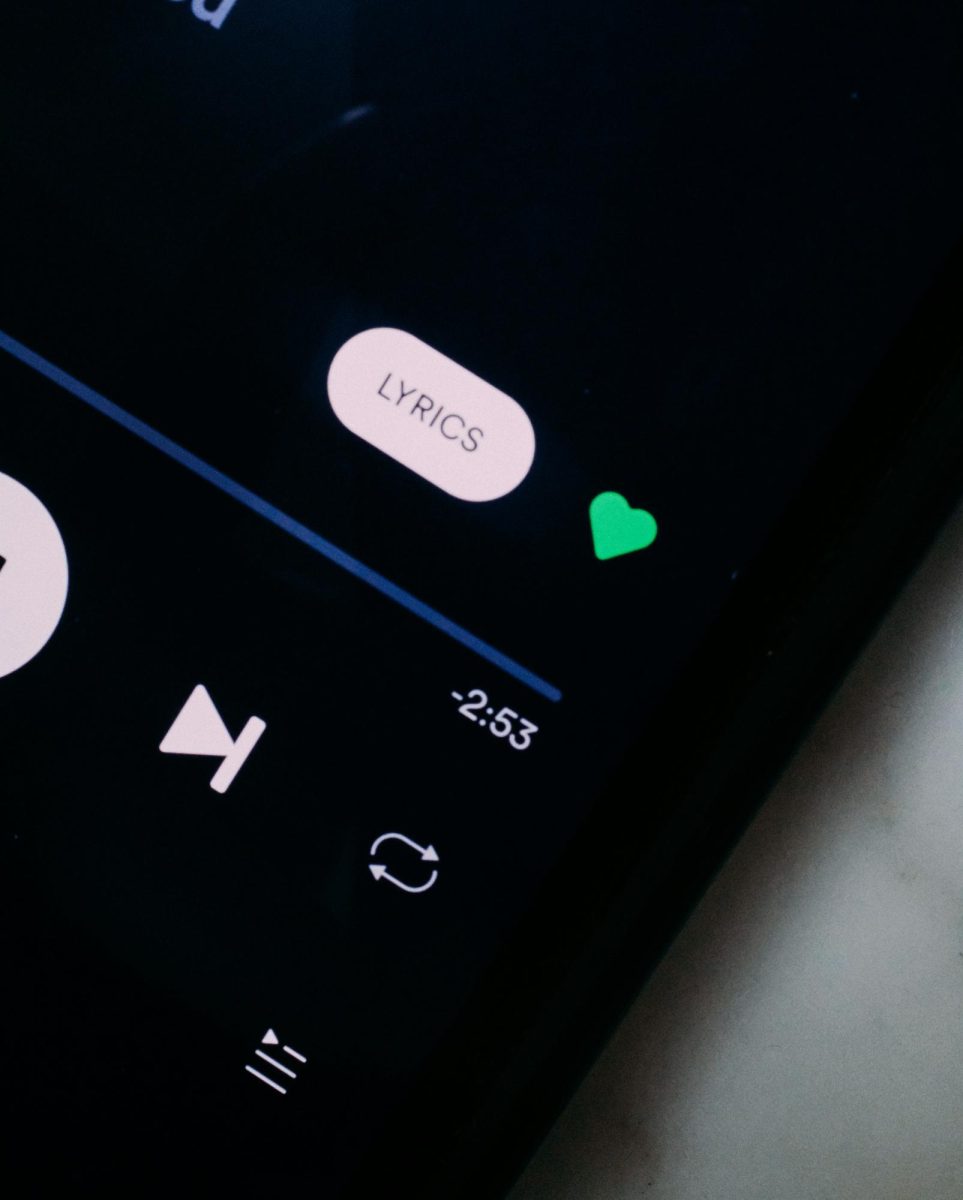

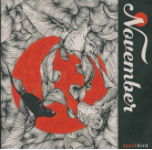


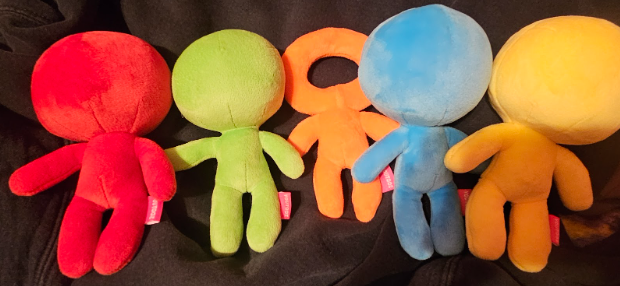
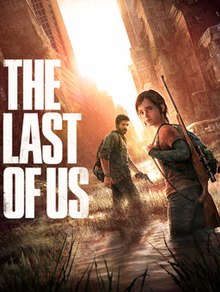





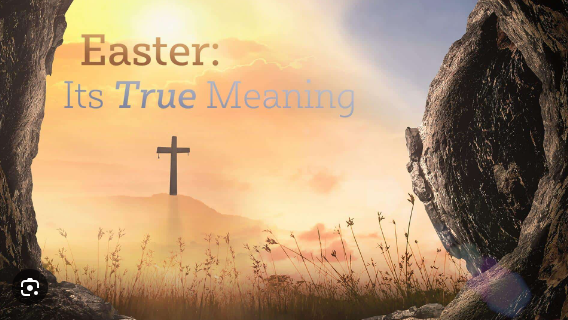















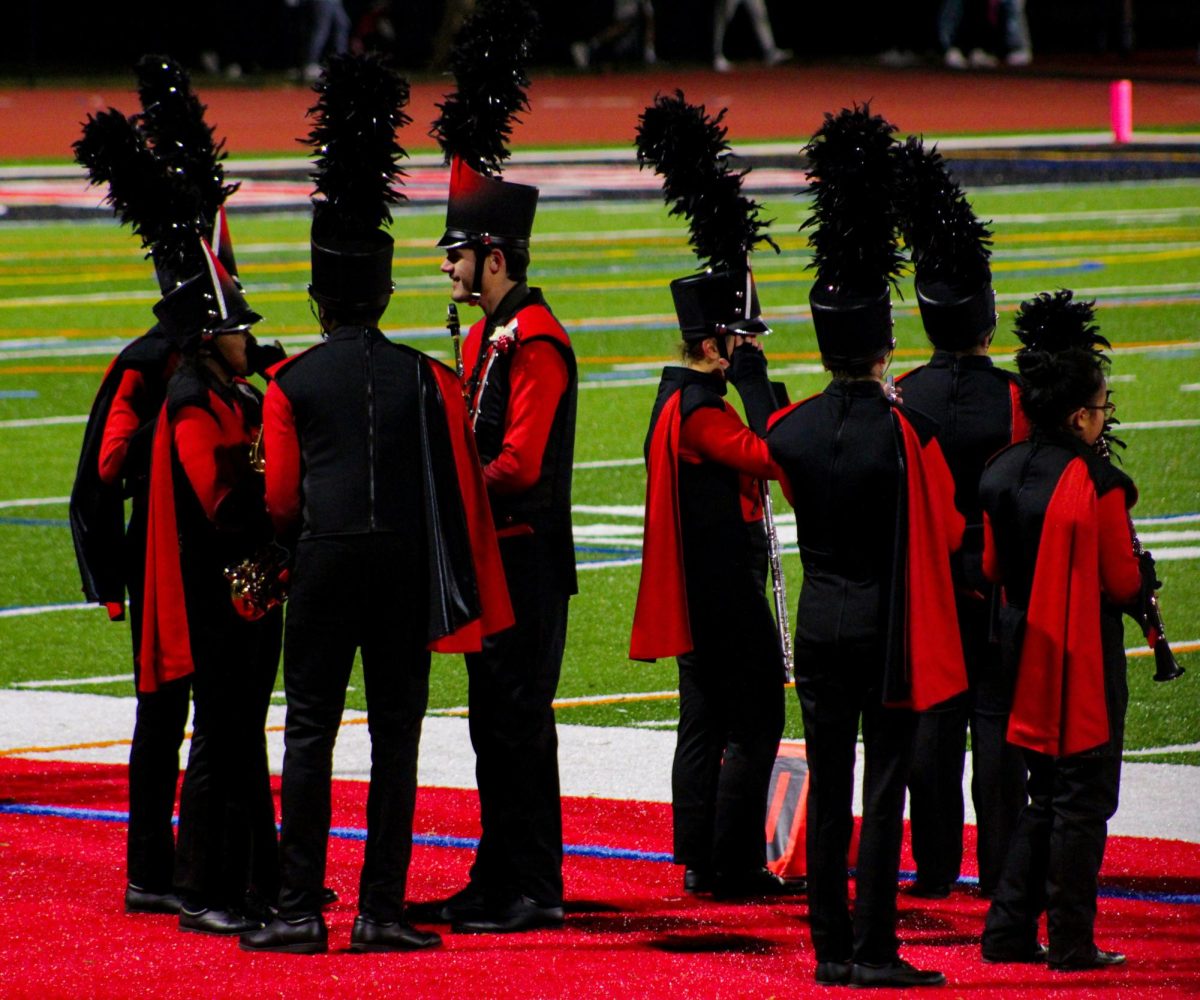
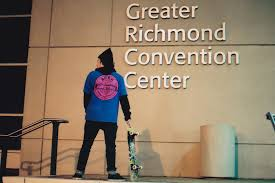
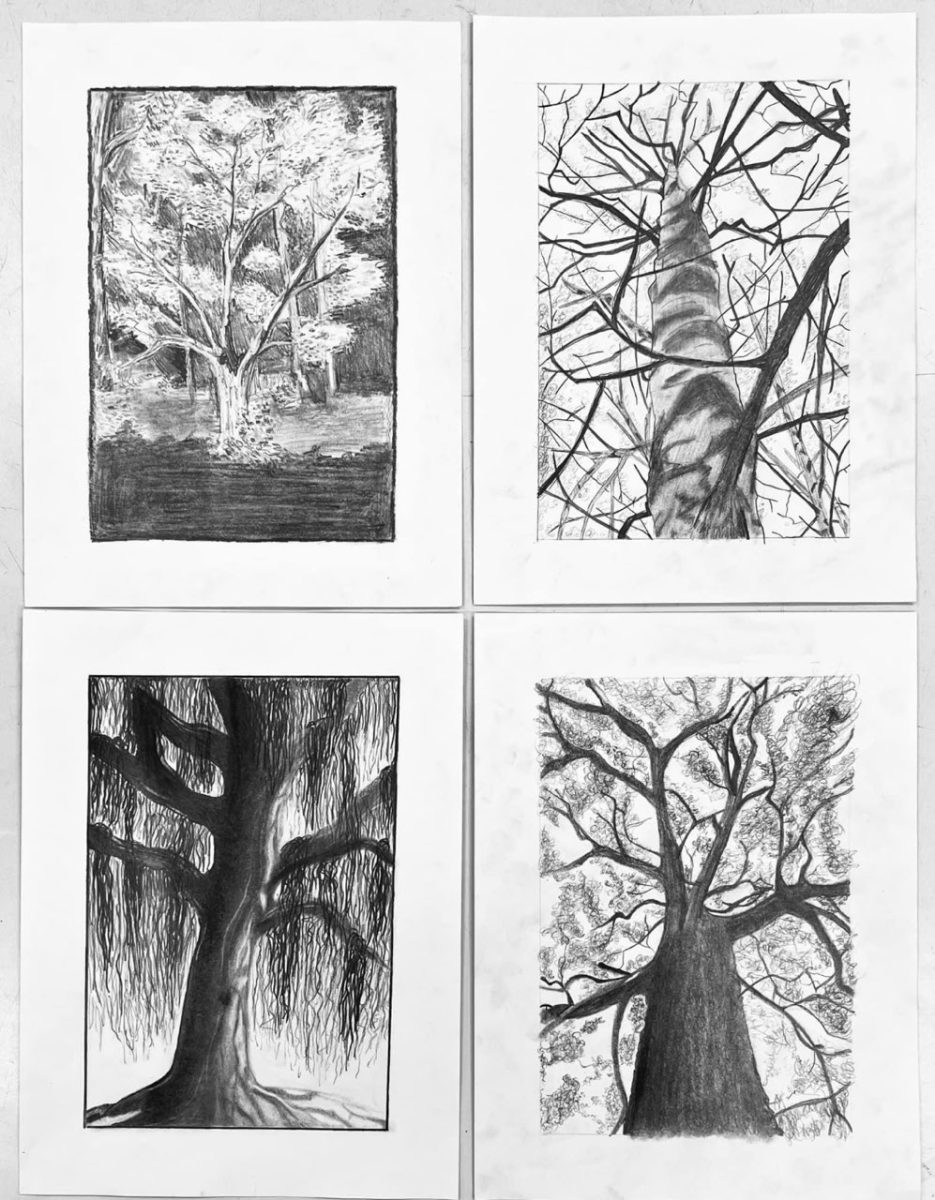
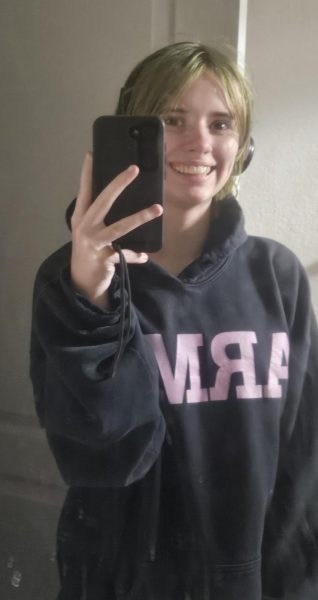
Smann • Nov 12, 2024 at 7:52 pm
I hear it as the internal/external conflict of a very jaded time traveller who eventually kills their past self.
Quite strange at first, but think about it! A lot of the lines just speak of distress or can be taken as artistic metaphor. But two of the most jarring choices of words are the repeated mention of a “parallel universe” and a time machine. If you take those at face value, the rest all starts to make sense.
The repeated importance of “one small word” and “familiarity breeds indifference” is his initial strive for perfection, using time travel to relive moments until they go exactly right. “I said it (I didn’t)” is not internal conflict, it’s him literally iterating over every word and action he says or doesn’t say, does or doesn’t do, again and again. Those tiny differences ripple across the world through a butterfly effect, to “tongues all over the world”. Obsession with every tiniest action he takes, if he wants to make things perfect.
Yet he despairs that no matter how much he tries, he’ll never make everything perfect, and he’ll never fix all his imperfections. He even forgoes morality and commits murders in alternate timelines (“One unsheathed knife”) in trying to make everything how he wants it to be. How he can be indifferent to even murder eats at him (“familiarity breeds…”). This obsession with perfection drives him to self-loathing. “Familiarity breeds discontent”.
In time, as actions become more and more drastic he becomes more and more disillusioned, until he comes up with the most drastic of solutions: killing his past self, to stop all of this madness from ever happening. The second chorus, “my other time machine” is him committing this act. All of this happened in one month of real time, November, and the very strong disdain in his words is for his past self and what he knew they would become. And so, with the ruthlessness of the man he became, he kills his spineless past self.
And so it finally no longer matters what he said or didn’t. He was never going to achieve perfection; this was always going to happen instead. This also gives new meaning to the strangely anticlimactic ending. He ponders on his own past self’s blood on his hands, and then the song ends as this paradoxical future ceases to be.
Jael • Jan 8, 2025 at 12:27 pm
Dude, this is a really good explanation for all the strange lines in the song. This is now my headcannon and I want you to explain more songs to me haha